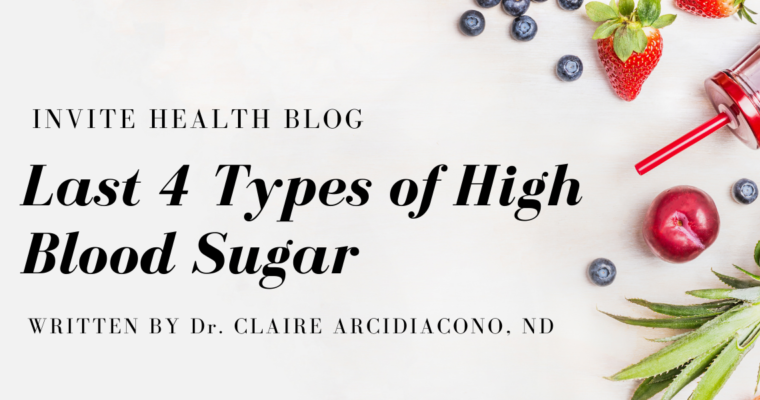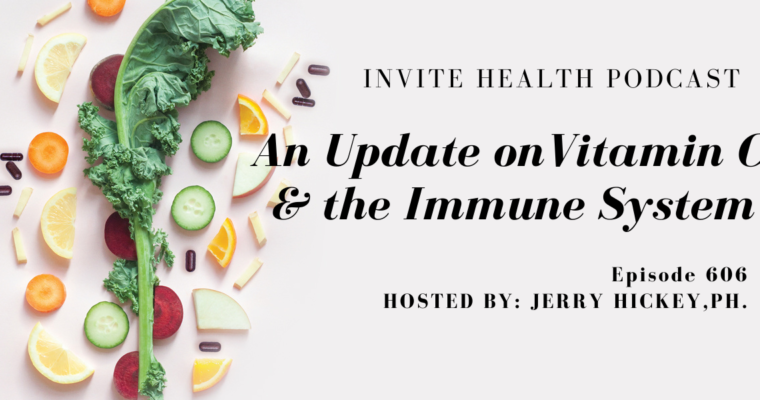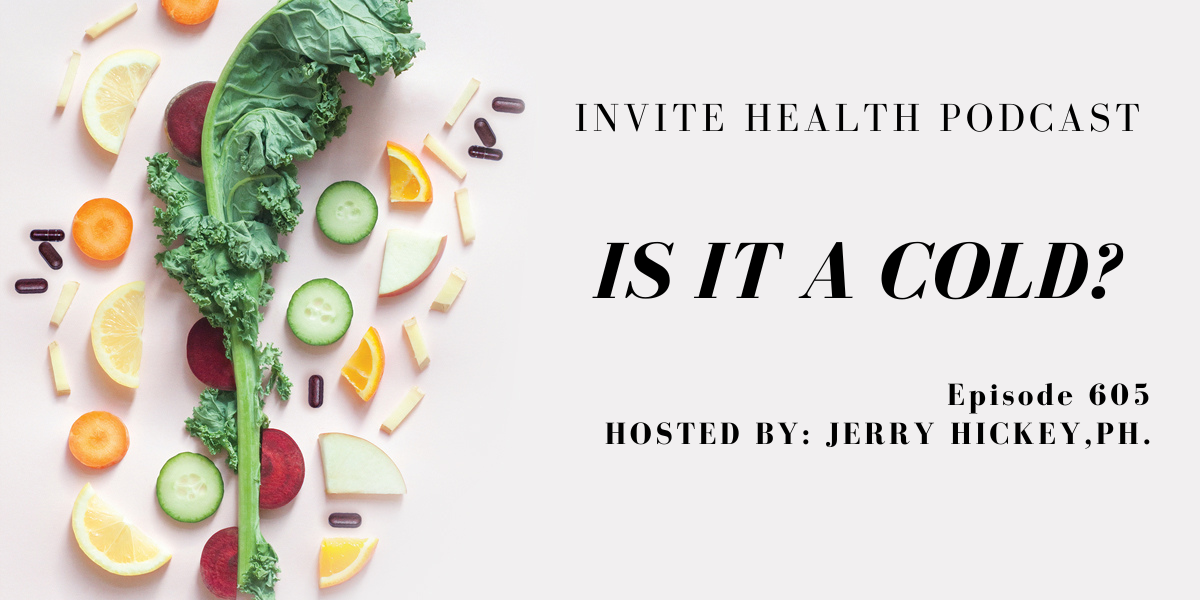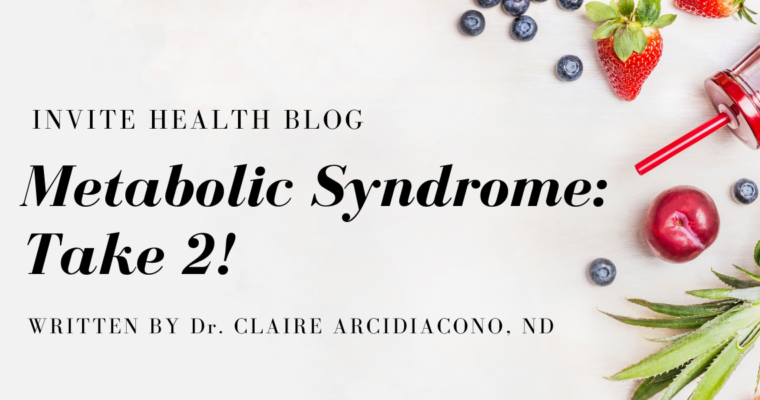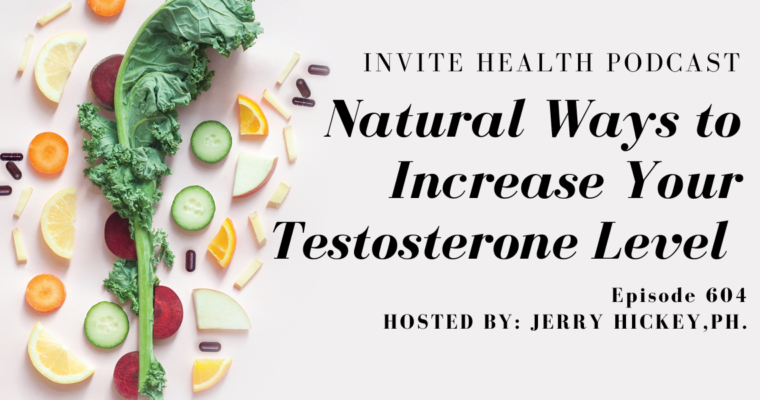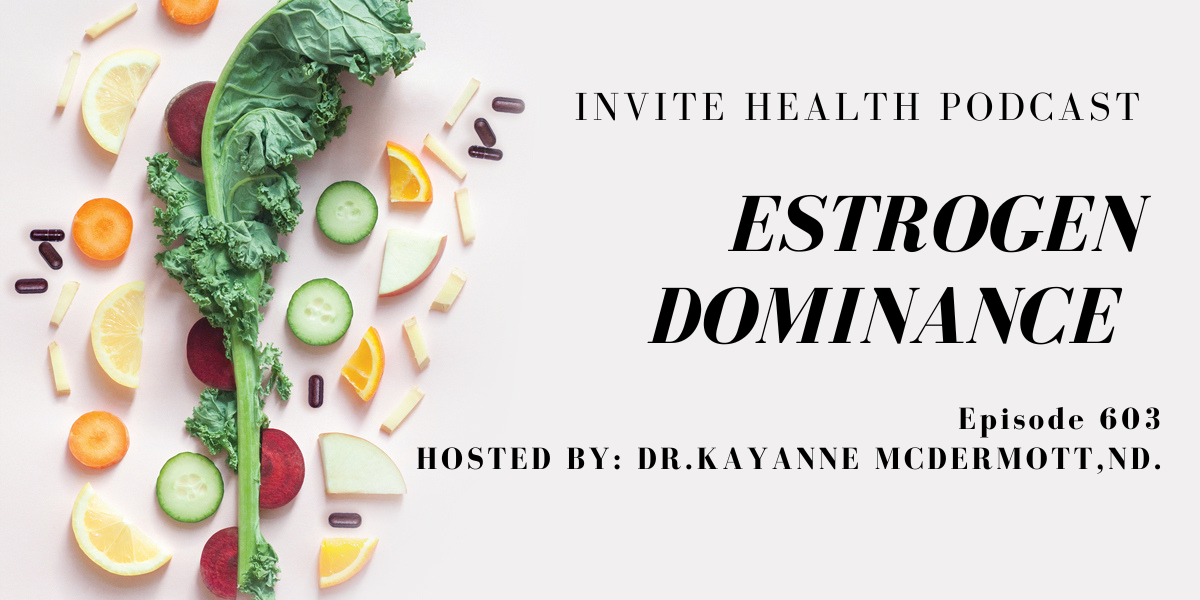Subscribe Today!
Please see below for a complete transcript of this episode.
IS IT A COLD? INVITEⓇ HEALTH PODCAST, EPISODE 605
Hosted by Jerry Hickey, Ph.

*Intro Music*
InViteⓇ Health Podcast Intro: [00:00:04] Welcome to the InViteⓇ Health Podcast where our degreed health care professionals are excited to offer you the most important health and wellness information you need to make informed choices about your health. You can learn more about the products discussed in each of these episodes and all that InVite Health has to offer at www.invitehealth.com/podcast. First time customers can use promo code podcast at checkout for an additional 15% off your first purchase. Let’s get started.† [00:00:34]
*Intro Music*
Jerry Hickey, Ph: [00:00:40] Is it a cold? Is it something else? Colds are common. A typical healthy adult might suffer with up to four colds a year. It’s typical 2 to 4 colds a year. A kid? 6 to 8. But why suffer? In this episode, I will cover how to feel better safely. That’s important when you have a cold and perhaps how not to get one in the first place. And what can you do if you have a cold? How do you get over it faster? What is it? Where does it come from? How do you protect yourself? Well all this and more in my episode, is that a cold? Or I could call it How to Feel Better and Get Better from a cold. Hi, this is Jerry Hickey. I’m a nutritional pharmacist, licensed pharmacist. I love doing these podcast episodes for InVite Health. And by the way, you can find all of InViteⓇ Health Podcast for free wherever you listen to podcasts or just go to their website. Invitehealth.com/podcast. Please subscribe, they love that and leave a review because that’s very helpful. You can also find Invite on Facebook, Twitter and Instagram at InVite Health and all the information, the description of this podcast is load, is loaded up a new podcast description. So why are colds common in the winter? Is it because we’re inside grouped together? Actually, there seems to be a lot more to it than that. In fact, scientists just published brand new data today, December 6th, 2022, in the Journal of Allergies and Clinical Immunology, it’s brand new. Cold air weakens our immune systems, and it weakens especially our ability to fight off viruses. And this occurs especially in our nose. Now, that’s a problem because our nose is a major transit site for the entry of viruses that affect our respiratory tract. So cold air, even just a nine degree Fahrenheit drop in temperature, inhibits our immune system’s response to infections. Now, this is data from Harvard Medical School. And this nine degree Fahrenheit drop causes us to lose approximately 50% of our virus fighting activity in our nose. So one thing you could do, obviously, you could wear a good mask or a double mask or wear a scarf over your nose when you’re outside with people and it’s cold.† [00:03:16]
[00:03:18] So what is a cold? How do you help prevent it? How do you get over it fast? Or how do you recover faster? How do you treat it? Are there complications? Well, let’s tackle each one of these questions. Now, a common cold. The technical name is acute rhinitis. Acute means sudden, sudden onset rhinitis. Breakdown the word rhino is the nose, itis, inflammation of the nose. So it’s inflammation of the nose. That’s that’s a cold. It’s not in the throat. It’s not in the lungs. So it’s a virus that infects the upper respiratory tract. Now, the upper respiratory tract is from your voice box, which is your larynx, which is located at the top of your trachea, that’s your windpipe. So it’s from your larynx up to your nose, that’s your upper respiratory tract. So colds affect the upper respiratory tract. So obviously it’s a winter issue. I said the incidence before kids can have 4 to 8 colds a year. Healthy adults, 2 to 4 year. Now, what are the microbes involved? While they’re all viruses, there’s over 200 viruses involved from all these different families. So the number one group of viruses that can cause a cold are called rhino viruses. Viruses that affect the nose is over 100 serotypes, so 100 different viruses. That’s why it’s very hard to help prevent all colds, because there’s so many different viruses that can cause a cold. So 30 to 50% of all colds are caused by rhinoviruses.† [00:04:50]
ICYMI: IMMUNE SYSTEM, PART 1: THE BASICS – INVITE HEALTH PODCAST, EPISODE 491>>LISTEN NOW!
[00:04:51] Now, the second group is coronaviruses. I don’t mean COVID 19, that’s different. There’s four common coronaviruses in the United States. They cause 10 to 15% of all cases of the common cold. Then there’s the influenza virus, which is 5 to 15% of all cases. And a respiratory synctial virus, which is more common in children right now. 5% of all cases, now, what about a summer cold? Well, those are enteroviruses and coxsackievirus. Those are, those are summer colds. So how do you transmit a cold? Well, cold viruses are rarely in saliva. There were things in saliva, like myeloperoxidase, which can kill cold viruses. So only about 10% of all samples of saliva have the virus in the saliva. It’s really nasal discharge, the stuff in your nose. 90% of all colds are caused by nasal discharge. So it could be a sneeze. Now, I once read a study, sneezes can travel at 50 miles per hour for up to five feet, coughs or even worse, a cough can travel ten feet at 100 miles per hour. So how do you dodge that? You’re sitting in a bus, somebody coughs. How are you going to dodge that? Now, contaminated hands. Oh, that’s my dog. I’m sorry about that. Contaminated hands, this is called a fornight, for instance an infected person, somehow, they touch their mucous and then they touch furniture or a doorknob or something. The virus can last on furniture for up to 2 to 4 hours. So you don’t want to touch things when there’s someone infected, a lot of people in the winter and then rub your eyes, nose or mouth. In fact, you never want to rub your eyes, nose and mouth in the winter unless you can really wash your hands, because it’s a problem. Now, I don’t shake hands in the winter. I don’t like shaking hands anyway. You never know where someone else’s hand has been. They don’t know where my hand has been, I do a fist bump or preferably an elbow bump and by the way, sneeze at your elbow. People who cough and sneeze into your elbow, there’s this wonderful study from Paris, France, several years ago. People who coughed or sneezed into their elbow, the transmission of the flu or colds was dramatically less, dramatically less. And also, by the way, in that same study, this was a surprise.† [00:07:11]
[00:07:13] Drinking green tea greatly cut down on the incidence of colds and flu infections. So what increases your risk of catching a cold besides it being cold weather or rubbing your nose and eyes or touching a contaminated table? What increases your risk? Well, obviously, sick contacts. Like what’s the number one source of a sick contact? Children in daycare, they’re like little petri dishes. Alcohol, just one alcoholic drink per day in a woman weakens her immune system. For men, it’s two alcoholic drinks a day that’ll weaken your immune system right away. Lots of sugar. Sugar weakens your immune system for hours, so think about that the next time you want to add three or four teaspoons of sugar to your cup of coffee. Smoking, absolutely no doubt about it. Smoking is strongly connected with an increased risk of upper respiratory tract infections, a history of infections, or having breathing issues like chronic obstructive pulmonary disease or asthma. Psychological stress, stress greatly inhibits the immune system. When you’re stressed, you release stress hormones, cortisol type hormones from your adrenal glands, which are these little triangular glands that sit atop each kidney. This has many effects, but one of the effects is sabotaging your immune system. † [00:08:33]
[00:08:35] There was a couple of studies like this. L-Theanine comes out of the tea plant. So they gave concentrated l-theanine to health care workers and green tea capsules and the incidence of upper respiratory tract infections in these health care workers greatly reduced. It was an American study. So L-Theanine and green tea. We’ll talk a little bit more about green tea in a little while. Lack of sleep and daytime fatigue definitely connected with an increased risk of developing an upper respiratory tract infection. One reason for this is melatonin. Melatonin is really important to the immune system. Your immune cells actually have receptor sites for melatonin. Melatonin is that nighttime hormone you release when it starts to get dark out to set you up for sleep, etc.. Melatonin has many benefits for bone, for sleep, obviously, but one of them is for the immune system. And if you’re not expressing melatonin, it’s not a good thing because the immune system will just be broken. Decreased physical activity, this is incredibly important. More important than we ever thought. Now, don’t overdo it. If you over exercise, it creates a lot of free radicals. Free radicals inflame the body and increase your risk of developing a cold because you’ll use up your vitamin C, as it’s the antidote to free radicals in the body. We use up to vitamin C at a very fast rate, and then a vitamin C isn’t around to feed the immune system and make it work properly. We’ll get into that. Next week I’ll do a podcast on vitamin C and vitamin D and perhaps zinc, because they’re so key to the immune system.† [00:10:13]
[00:10:14] So physical activity, without overdoing it is very important for your immune system. There’s a Dr. David Nieman at Appalachian State University now. His team followed a thousand adults down in the Carolinas for three months. The number one way to help prevent an upper respiratory tract infection was physical activity. Exercising 5 to 6 days a week, cut the risk of a cold and other upper respiratory tract infections by 43%. That’s almost an half. And even a 20 minute walk once a week was better for preventing an infection than no physical activity at all. It’s just better for the immune system. Physical activity is key for the immune system. Same study, eating fruit, lowered your risk of an upper respiratory tract infection. They found people who had fruit, good quality fruit like three times a day cut the risk of upper respiratory tract infections. It’s the flavonoids. Flavonoids are found in apples and oranges and blueberries and really high quality fruits like that.† [00:11:17]
[00:11:17] So let’s discuss green tea here. Green tea is concentrated with catechins that are powerful flavonoids that do a number of things with flu and cold viruses. Now, flu and cold viruses need enzymes like neuraminidase and hemagglutinin to infect you, to hold on to your mucous tissue, to invade the cell, to propagate and multiply and spread throughout the body. So they found that the catechins, the type of flavonoids specific in green tea, because not all flavonoids are as powerful as one another for inhibiting colds and other infections. The green tea catechins these specific flavonoids in green tea to egcg and egc, etc. They weaken the flu virus, a cold virus, by inhibiting the enzymes the viruses need to shed and infect you. But the green tea also stimulated Gaba Delta T-cell activity, which coordinates the immune systems’ ability to fight off an infection. Now back to how do you improve your resistance? Well, vitamin D, vitamin D does so many things. You need vitamin D for the immune system to function, but you also need vitamin D to protect yourself from the immune system. Like, for instance, people with COVID 19, they wound up with a bad situation in the lungs where they had a cytokine storm, a cytokine, an immune messenger called interleukin six, IL 6, built up in the lining of their lungs. This caused the lungs to get inflamed. The virus was also causing the lungs to get inflamed. As a result, they had a buildup of fluid and it became very difficult for these people to breathe and they could develop acute respiratory distress syndrome. So not only does vitamin D coordinate and activate the cells involved with immune system, but it helps prevent the immune system from damaging you during an infection. You want your vitamin D blood levels, it’s called 25 hydroxy vitamin D or, 25 hydroxy cholecalciferol. So you want it to be above 30, below 30, you’re in trouble. Zinc. Zinc does a host of things. In fact, they found that people who had the first symptoms of a cold, if they did a bunch of zinc lozenges equaling about 80 milligrams a day of zinc, they were able to a fight off the cold or b they got over too cold, much faster. Vitamin C is also required. It does so many things for the immune system. The immune system cannot function without vitamin C. You need vitamin C for CHEMOTAXIS, which is the ability of the immune cells like neutrophils to migrate to the side of the infection, which is your nose. And then you need vitamin C for the immune cells to release all of those weapons. They have to kill the virus. That’s called Chemotaxis excuse me, that’s called respiratory burst. And then you need vitamin C to protect yourself, immune system again, because the virus and the immune system release what we call free radicals that cause all kinds of symptoms and complications. And weigh you down, vitamin C is the antidote to that. It’s an antioxidant, it’s the antidote to free radicals. So vitamin C is important.† [00:14:17]
IMMUNE ADVICE FOR THE FALL MONTHS>>LISTEN NOW!
[00:14:18] A supplement called nucleotides, which has been shown to help people going for surgery and help people who are in acute situations, dangerous situations in hospitals and also the immune system in general. Nucleotides, a supplement that helps your immune system function better. My wife swears by it. I don’t think my immune system is like a tiger. I don’t know if that’s good or bad. It’s certainly good to help prevent a cold or flu, but I don’t know if that means in the future I’m at higher risk of autoimmune diseases, but my immune system is very powerful and I tend to fight off colds very quickly or the flu. Also certain strains of probiotic bacteria like bifidobacterium animalis subspecies lactis get your immune system functioning much better within a week or two to fight off colds. Black elderberry, a whole bunch of studies on Black Elderberry helping people fight off colds and beta glucans, beta glucan can be found in yeasts, but they’re common in certain types of mushrooms and beta Glucan stimulate the immune system to fight off infections. There’s good data on that. We’ve been looking at that data for decades.† [00:15:23]
[00:15:27] Now, colds are in the nose and the symptoms, of course, would be a runny nose and sneezing. And you might have a cough, but it’s not a typical cough. It’s a cough because the mucus is running down the back of your throat. So you have post nasal drip. So it’s not usually accompanied by a fever, a cough because of a sore throat or a contaminated throat. There’s not usually a lot of fatigue with a cold. So if you have these symptoms, they help tell the difference between a cold and perhaps the flu or COVID 19. And colds have complications, that’s why it’s important to try to avoid them. For instance, if you already have a lung condition or you’re prone to infections like you have chronic obstructive pulmonary disease or asthma, colds can worsen it. They can make the symptoms more severe. Colds weaken the immune system and open you up for what we call a secondary infection, typically a bacterial infection such as acute otitis media. The doctor looks inside your ear and they see the tympanic membrane, meaning is all inflamed and red and bulging out. This means that you have an infection in the middle ear, so there’s swelling in there or pneumonia, it’s easier to develop bacterial pneumonia, which is very dangerous, in pneumonia, there’s an infection in the lining of the lungs and the alveoli. So it’s harder to breathe because it’s harder to get rid of carbon dioxide and bring in oxygen because there’s fluid lining the lungs. Sinusitis, you know, severe inflammation in the sinuses, which can cause terrible headaches. So you really don’t want a cold, cold symptoms typically in a healthy person or a self-limiting, they’re usually the worst in the first 1 to 3 days and they’re usually gone within seven days. But you can have a long lasting cough from post nasal drip that can last weeks after, the incubation time, how long it gets sick, how long it takes to get sick after somebody sneezes on you is typically 1 to 5 days. So what else helps a cold? Fluids. Fluids help thin your mucus and it’s easier to expel the mucus. Clear up the mucus. So I tell people, you know what, have green tea with lemon and honey. Lemon has flavonoids that have anti microbial activity. Honey is soothing and it has some nutrients in it, and green tea itself has antiviral. Green tea is also soothing because it has a little bit of l-theanine to calm you down and this helps your immune system function better. Rest for the immune system, rest is very important for the immune system function and sleep. Gargle with salt water. The Japanese health authorities recommend that people gargle with salt water twice a day, and studies show that this cuts down on the incidence of flu and colds by about 30%.† [00:18:30]
IMMUNE SYSTEM, PART 4: DIET AND SUPPLEMENTS – INVITE HEALTH PODCAST, EPISODE 494>>LISTEN NOW!
[00:18:32] Drinking green tea has been shown a human clinical trial to cut down the incidence of flu and cold, so in the winter, I’m brewing green tea two or three times a day for my wife and me. Now, also, drugs for colds can be an issue. Oh, by the way, gargling with the salt water, doesn’t seem to kill the virus, it seems to clear out the virus. So rinse your mouth with salt water. But now drugs for colds. Some of them have lots of alcohol, so that’s a problem. Alcohol suppresses the immune system and some people can’t have alcohol. Decongestants can be dangerous, they can increase your heart rate, your heart could be racing, they can increase your blood pressure. That could cause a spike in your blood pressure. And some people who are very prone to it, they could trigger a stroke and it makes sleeping rather impossible because they’re stimulants. Many of the decongestants are a molecule or two away from speed and instead, use normal saline nasal rinse a couple of times a day. Normal saline means the amount of salt in the water is the same as the amount of salt in your blood 0.9%. And this way it doesn’t irritate your nose. So those are my recommendations.† [00:19:42][
[00:19:45] I told some people who are older, get on a good probiotic to help prevent a cold. Probably a certain strains of probiotic, Lactobacillus rhamnosis, Lactobacillus plantarum, And especially bifidobacterium, any model subspecies lactos really helps the immune system function much better to require for cold season. Drink green tea throughout the day or take a good tincture or a capsule of green tea twice a day. All of these have been proven to lower the incidence of colds in American studies, not just Japanese studies and European studies. If you start to get sick, take nucleotides like three capsules twice a day for three or four days, it won’t hurt you. It’s it’s a tonic for the immune system. It gives the immune system instant energy. And by the way, every day get your vitamin D and your zinc and your vitamin C, all of these have ability to improve the immune system’s functions to fight off an infection. In any event, thanks for listening. You can find all of the invite podcast episode for free or whereever you listen to podcast or just go to Invitehealth.com/podcast. And please subscribe and leave a review. You can also find Invite on Facebook, Twitter and Instagram at InVite Health. I want to thank you for listening today. Hope to see you next time. On another episode of the InViteⓇ Health Podcast, Jerry Hickey signing off. Have a great day.† [00:19:45]
*Exit Music*


